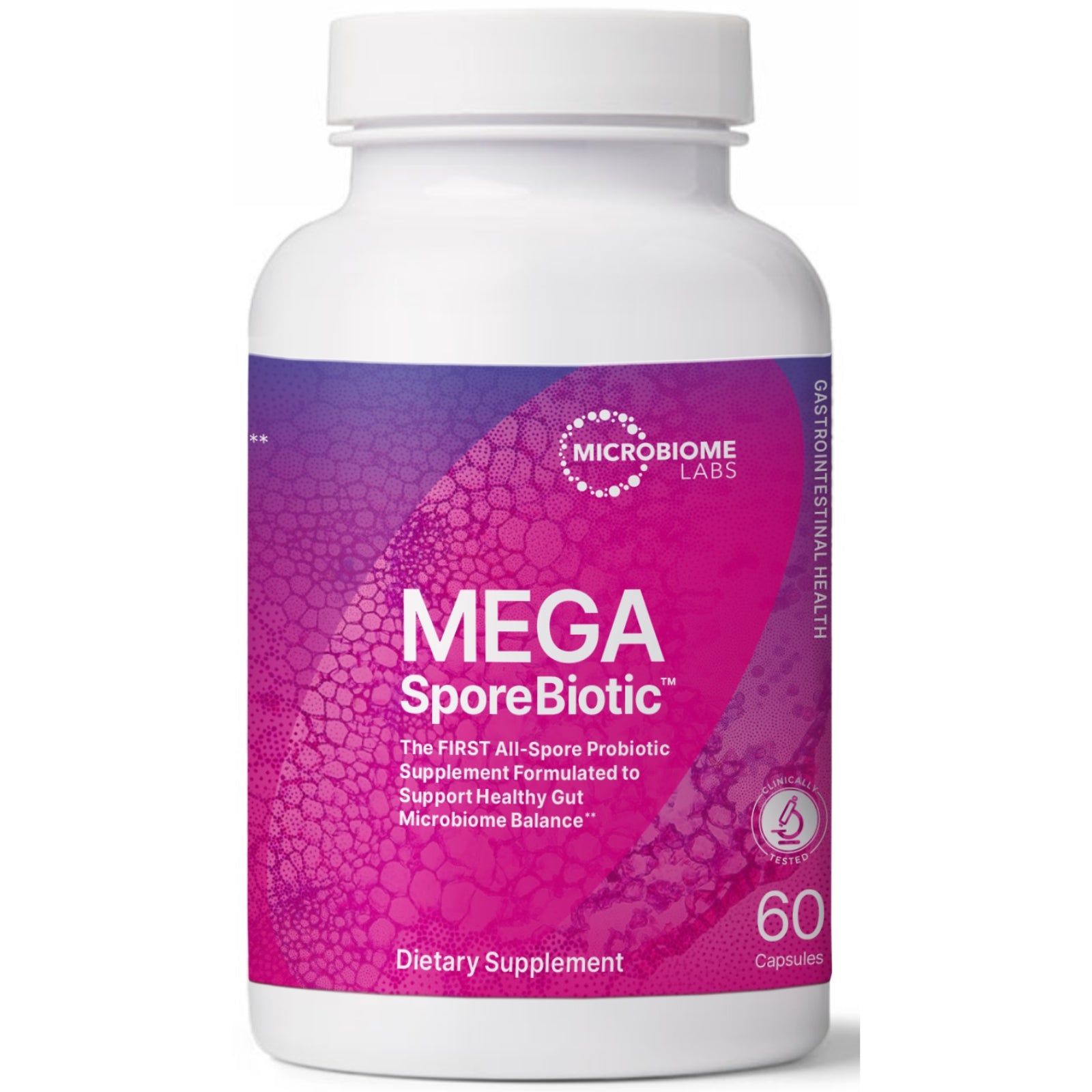
Understanding CoQ10 and Its Role in the Body
Coenzyme Q10 (CoQ10) is a vital antioxidant naturally produced by the body and found in every cell. It plays a key role in energy production, particularly in the mitochondria, which act as the powerhouses of our cells. Additionally, CoQ10 helps protect cells from oxidative damage, supporting overall health and wellness.
However, CoQ10 levels in the body tend to decline with age or due to certain health conditions. Supplementing with CoQ10 may help restore these levels and provide various health benefits.
What Causes Low CoQ10 Levels?
Several factors can lead to a reduction in CoQ10 levels:
- Aging: The body’s ability to synthesize CoQ10 diminishes with age, typically starting in your 30s or 40s.
- Poor Diet: A diet low in nutrients that support CoQ10 production, such as B vitamins, can contribute to lower levels.
- Genetic Mutations: Some individuals may have genetic defects that impair their body's ability to produce or utilize CoQ10 efficiently.
- Medication Use: Certain medications, particularly statins used to lower cholesterol, are known to deplete CoQ10 levels.
- Chronic Diseases: Conditions such as diabetes, heart disease, or cancer can reduce CoQ10 levels due to increased oxidative stress or metabolic demands.
- Environmental Stressors: Prolonged exposure to environmental toxins or pollutants can also contribute to a decline in CoQ10 production.
Health Conditions Associated with Decreased CoQ10 Levels
A deficiency in CoQ10 can exacerbate or contribute to various health problems:
- Cardiovascular Diseases: Low CoQ10 levels are linked to heart failure, high blood pressure, and atherosclerosis due to reduced energy production in heart cells.
- Neurodegenerative Disorders: Conditions such as Parkinson’s and Alzheimer’s disease may be associated with decreased CoQ10 levels, leading to greater oxidative damage in the brain.
- Diabetes: Insufficient CoQ10 can impair insulin production and lead to increased oxidative stress in individuals with diabetes.
- Mitochondrial Disorders: Diseases that affect energy production at the cellular level often correlate with inadequate CoQ10 levels.
- Cancer: Research suggests that individuals with certain types of cancer may have lower levels of CoQ10, although more studies are needed to fully understand this relationship.
- Chronic Fatigue Syndrome: CoQ10 depletion may contribute to the fatigue and low energy levels experienced by individuals with this condition.
Six Evidence-Based Benefits of CoQ10
1. Supports Cardiovascular Health
CoQ10 helps maintain heart health by supporting energy production in cardiac cells and reducing oxidative stress. Studies suggest it may also improve blood pressure and heart failure symptoms.
2. Enhances Fertility
Supplementing with CoQ10 can improve mitochondrial function in eggs and sperm, especially in individuals over 35, potentially enhancing fertility outcomes.
3. Reduces Migraine Frequency
Research has shown that CoQ10 supplementation may reduce the frequency and intensity of migraines by supporting energy production in brain cells.
4. Improves Skin Health
CoQ10 protects the skin from photoaging and oxidative damage while supporting collagen production, helping reduce the appearance of wrinkles.
5. Boosts Exercise Performance
By enhancing energy production and reducing oxidative stress, CoQ10 may improve physical performance and reduce fatigue during exercise.
6. Supports Brain Health
The antioxidant properties of CoQ10 may protect brain cells from oxidative damage, potentially reducing the risk of neurodegenerative diseases.
Should You Take CoQ10 Supplements?
CoQ10 supplementation can be beneficial for those experiencing age-related decline, those taking statins, or individuals with chronic health conditions. It’s available in two forms: ubiquinone (oxidized) and ubiquinol (reduced). Ubiquinol is often preferred for its higher bioavailability, especially in older adults.
However, always consult a healthcare provider before starting any supplement to ensure it’s appropriate for your needs.
References
- National Institutes of Health (NIH): Coenzyme Q10: Fact Sheet for Health Professionals
- Mayo Clinic: Coenzyme Q10
- Fullscript: CoQ10 Benefits and Uses
- PubMed: The Role of Coenzyme Q10 in Chronic Diseases

